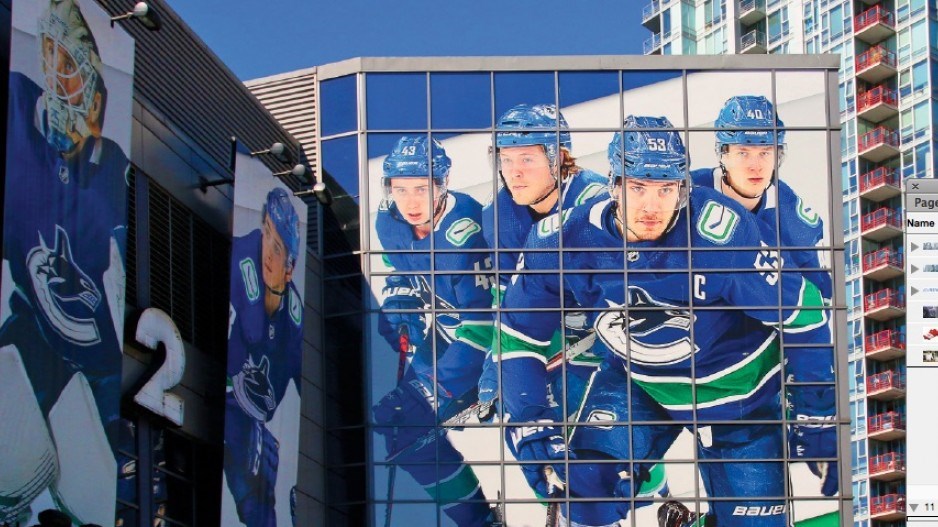But even now, as some Montreal Canadiens fans are allowed to be in the stands for the Stanley Cup finals, there is little clarity on how people will be able to witness professional sports in other parts of the country.
In B.C., fans have been unable to watch home teams live for almost two years. The National Hockey League’s (NHL) Â鶹´«Ã½Ó³»Canucks went through a full season without spectators. The Canadian Football League’s (CFL) BC Lions are finalizing their plans for 2021, hoping to have some fans inside BC Place once the season officially begins.
Other franchises face different challenges. The Western Hockey League’s (WHL) Â鶹´«Ã½Ó³»Giants expect to play in Langley at full capacity this fall. Two other Vancouver-based franchises continue to host their home games in the United States: Major League Soccer’s (MLS) Â鶹´«Ã½Ó³»Whitecaps in Sandy, Utah; and the Â鶹´«Ã½Ó³»Canadians of minor league baseball’s High-A West in Hillsboro, Oregon.
Research Co. and Glacier Media reviewed the perceptions of British Columbians on professional sports two years ago. As expected, our latest survey shows negative momentum for some franchises that have been unable to re-establish a connection with fans.
The Â鶹´«Ã½Ó³»Canucks, in spite of the disappointment of missing the playoffs, are doing better than two years ago. We found that 15% of British Columbians are now more interested in the NHL team (up five points since 2019) while 23% (down four points) have become less interested.
The situation is not as satisfactory for three other teams. More than a quarter of British Columbians say they are less interested in the Â鶹´«Ã½Ó³»Giants (27%, up one point), the Â鶹´«Ã½Ó³»Canadians (also 27%, up one point) and the Â鶹´«Ã½Ó³»Whitecaps (25%, up two points).
The BC Lions face an even more daunting challenge. Almost three in 10 British Columbians (28%) say they are now less interested in the team, up seven points since 2019. Only 8% (down one point) are more interested now in the CFL franchise.
In spite of the complexities of the last NHL season, most British Columbians (63%, up 10 points since 2019) believe the Canucks are the sports team that most accurately represents the province. The Lions are way back (10%, down eight points), followed by the Whitecaps (4%, down one point).
The Canucks also lead on having a presence in our homes, with 37% of British Columbians saying they own merchandise or apparel from the team – a proportion that jumps to 43% among men, 46% among those aged 35 to 54 and 47% among residents of the Fraser Valley.
The Lions are a distant second on the merchandise question at 13%, with the Whitecaps at 7%.
The pandemic has clearly affected the way British Columbians are relating to professional sports. Interest in games and standings is not as high as it was last year, an unsurprising side effect after lockdowns took away our ability to watch games live or inside a bar or pub.
The prospect of seasons that will resemble something close to normalcy is upon us, and along with it comes the opportunity to see if sports fans come back into the fold or carry on with their current pandemic routines where professional sports have become secondary. •
Mario Canseco is president of Research Co.
Results are based on an online study conducted from June 18 to June 20 among 800 adults in British Columbia. The margin of error, which measures sample variability, is plus or minus 3.5 percentage points, 19 times out of 20.



